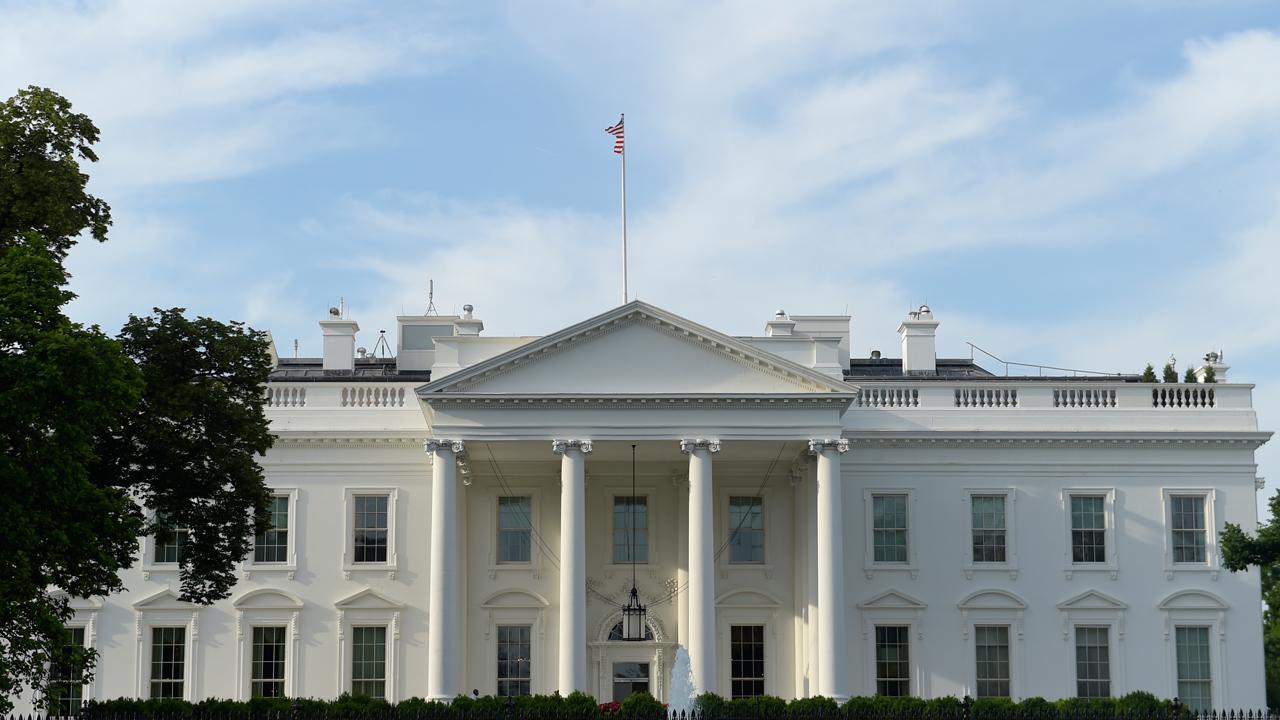Trade war? Trump, EU both threaten new tariffs on imports
President Trump appeared to welcome an escalating trade war with the European Union on Saturday, warning the U.S. would respond tit-for-tat by taxing imports from European automakers if the E.U. targeted U.S. products.
The leader of the European bloc threatened on Friday to slap import duties on major U.S. products, including Harley-Davidson, Bourbon and Levi’s Jeans, a direct retaliation to Trump’s plan to place steep tariffs on steel and aluminum imports.
“If the E.U. wants to further increase their already massive tariffs and barriers on U.S. companies doing business there, we will simply apply a Tax on their Cars which freely pour into the U.S,” Trump wrote on Twitter. “They make it impossible for our cars (and more) to sell there. Big trade imbalance!”
On Thursday, after meeting with representatives from the steel industry, Trump announced the tariffs – 25% on steel and 10% on aluminum – arguing they would protect U.S. companies and allow for the creation of new manufacturing plants, one of his main promises during the 2016 presidential campaign. He later responded to fears of retaliatory policies on Twitter, writing that trade wars are "good, and easy to win."
The announcement almost immediately sunk stocks, although the Nasdaq Composite and the S&P 500 recovered some losses on Friday. The Dow Jones Industrial Average closed lower Friday as investors weighed whether the tariffs could spark a trade war. Top importers of steel to the U.S. include Canada, Brazil, South Korea, Mexico and Russia.
“We will not sit idly when European industry and jobs are threatened,” Jean-Claude Juncker, the President of the European Commission, told reporters on Friday.
Already, Electrolux, a Swedish appliance company, announced plans to delay the $250 million expansion of its plant in Springfield, Tennessee, citing the potential increase of steel in the U.S. market, as first reported by Reuters.
Critics have also warned that tariffs will raise the cost of steel and aluminum, making products such as automobiles and canned beer more expensive. Commerce Secretary Wilbur Ross, a proponent of the import tax, argued the tariffs are necessary to protect U.S. jobs, adding that costs would only increase marginally.
No specific timetables was provided, but the president is expected to sign the order, which is still being drafted, sometime next week.




















